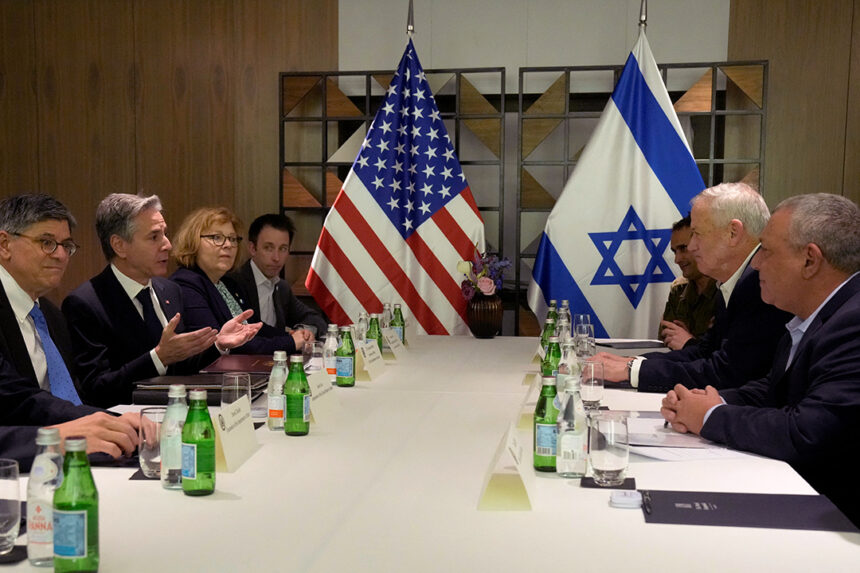Introduction
The ongoing ceasefire negotiations in Gaza ceasefire talks have become a focal point in international diplomacy, influencing global political dynamics and humanitarian efforts. As the world watches, the outcomes of these talks are poised to set significant precedents for conflict resolution and international cooperation.
The Current State of Ceasefire Negotiations
Recent developments have seen Israel accepting a U.S.-proposed temporary ceasefire, aiming for a 60-day halt in hostilities and the exchange of hostages. However, Hamas has responded cautiously, citing unmet demands such as a full ceasefire and addressing humanitarian needs. The situation remains fluid, with both parties under international pressure to reach a sustainable agreement.
International Diplomatic Engagement
The ceasefire talks have galvanized diplomatic efforts worldwide. Countries like France and Indonesia have jointly called for peace in Gaza, emphasizing the importance of a two-state solution and expressing willingness to support peacekeeping efforts. Additionally, the upcoming New York Peace Conference, scheduled for June 17–20, 2025, aims to develop an international framework addressing key issues such as the disarmament of Hamas and the reform of the Palestinian Authority.
United Nations’ Role
The United Nations Security Council is set to vote on a resolution calling for an immediate, unconditional, and permanent ceasefire in Gaza. The resolution, drafted by the ten elected members of the Council, also demands the release of all hostages taken by Hamas during its October 7, 2023, attack on Israel. It highlights the catastrophic humanitarian situation in Gaza, urging the lifting of all restrictions on aid and the restoration of essential services in line with humanitarian principles. The vote occurs amid daily violence and criticisms of a U.S.- and Israeli-backed aid system that the U.N. says fails to address hunger adequately and violates neutrality. Despite overwhelming support, diplomats anticipate a U.S. veto, as in a previous vote in November 2023.
Regional Mediation Efforts
Regional players like Qatar, Egypt, and Saudi Arabia have been instrumental in mediating between Israel and Hamas. Their involvement underscores the importance of regional cooperation in achieving a sustainable ceasefire and addressing the underlying causes of the conflict. Qatar, for instance, has provided substantial humanitarian aid to the Gaza Strip during the ongoing war and has been involved in the hostage negotiations following the kidnapping of 240 Israelis on October 7 by Hamas.
Implications for Global Diplomacy
- Reinforcement of Multilateralism: The collective efforts by various nations and international bodies highlight the importance of multilateral diplomacy in resolving complex conflicts.
- Shift in Global Alliances: Countries are reevaluating their foreign policies and alliances based on their positions and involvement in the Gaza ceasefire talks.
- Humanitarian Focus: The emphasis on humanitarian aid and the protection of civilians has brought global attention to the need for international humanitarian law adherence.
Conclusion
The ceasefire negotiations in Gaza serve as a litmus test for global diplomacy’s effectiveness in conflict resolution. The outcomes will not only determine the region’s future but also set precedents for international cooperation and peacekeeping efforts worldwide.


